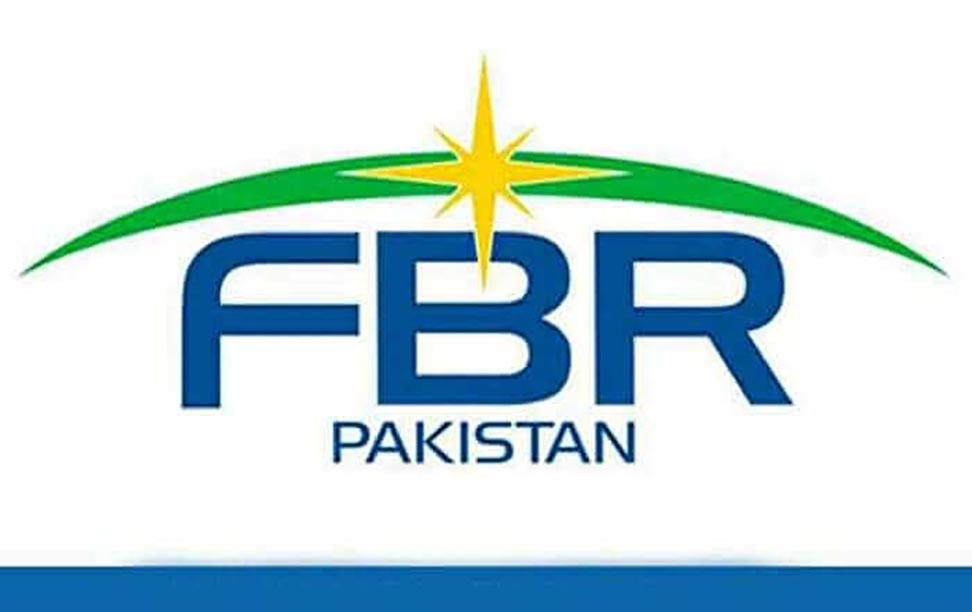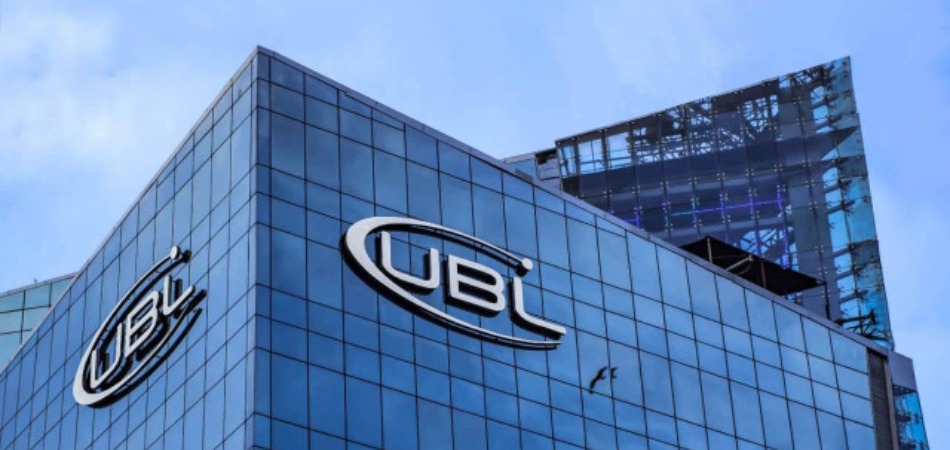GIDC verdict - Fingers crossed!

MG News | August 12, 2020 at 05:34 PM GMT+05:00
August 12, 2020 (MLN): The Supreme Court will be announcing its judgment on Gas Infrastructure Development Cess (GIDC) tomorrow i.e. August 13, and with that, several market onlookers have expressed their two cents on what may transpire in the verdict.
While no one is certain about whose court the ball will land in, a report by Ismail Iqbal Securities has explained the consequences under both the scenarios.
‘If the decision comes in favor of industry, Fertilizers (FFC, ENGRO, and EFERT), Textiles (GATM, FML), and other industrials (EPCL, LOTCHEM, ICL) would record a one-time liability reversal. However, in case of an adverse outcome for the industry, the event will be neutral in terms of earnings as most of the GIDC has been provided for by the companies’, the report said.
Speaking about the possibility of the decision being taken in favor of the industry, the report has said that FFBL will be most likely to bear the impact of liability reversal, followed by FFC and ICL.
Other companies such as FFC, EFERT, and LOTCHEM might rejoice the positive outcome of the case by announcing special dividends, on account of the availability of excess cash against the liabilities. Moreover, the companies belonging to the aforementioned sectors, with the exception of Fertilizer, might further benefit by getting a boost in recurring earnings.
While the above discussion sheds light on just two scenarios, Arif Habib Limited has come forward with its analysis of three scenarios, namely:
1) GIDC termed null and void
2) 50% settlement
3) 100% payment of GIDC
The report however mentioned that these scenarios are based only on the outstanding amount of GIDX and do not include paid GIDC.
For those not privy to the specifics of the case, GIDC was imposed on the sectors mentioned above in 2011 by the then ruling government, as a fee for the construction of infrastructure projects such as the Iran-Pakistan pipeline, the Turkmenistan-Afghanistan-Pakistan-India pipeline.
In 2014, the Supreme Court termed GIDC as unconstitutional, which resulted in the passing of GIDC Bill 2014 by the government through the National Assembly. This was followed by the GIDC Act, 2015, which was used to re-impose the GIDC on industries.
Soon after, various Fertilizer, Chemical, Cement, Textile and Compressed Natural Gas (CNG) companies took to the court to contest the imposition of GIDC, and obtain stay orders against its payment.
Copyright Mettis Link News
Related News
| Name | Price/Vol | %Chg/NChg |
|---|---|---|
| KSE100 | 134,299.77 290.06M |
0.39% 517.42 |
| ALLSHR | 84,018.16 764.12M |
0.48% 402.35 |
| KSE30 | 40,814.29 132.59M |
0.33% 132.52 |
| KMI30 | 192,589.16 116.24M |
0.49% 948.28 |
| KMIALLSHR | 56,072.25 387.69M |
0.32% 180.74 |
| BKTi | 36,971.75 19.46M |
-0.05% -16.94 |
| OGTi | 28,240.28 6.19M |
0.21% 58.78 |
| Symbol | Bid/Ask | High/Low |
|---|
| Name | Last | High/Low | Chg/%Chg |
|---|---|---|---|
| BITCOIN FUTURES | 118,140.00 | 119,450.00 115,635.00 |
4270.00 3.75% |
| BRENT CRUDE | 70.63 | 70.71 68.55 |
1.99 2.90% |
| RICHARDS BAY COAL MONTHLY | 97.50 | 0.00 0.00 |
1.10 1.14% |
| ROTTERDAM COAL MONTHLY | 108.75 | 108.75 108.75 |
0.40 0.37% |
| USD RBD PALM OLEIN | 998.50 | 998.50 998.50 |
0.00 0.00% |
| CRUDE OIL - WTI | 68.75 | 68.77 66.50 |
2.18 3.27% |
| SUGAR #11 WORLD | 16.56 | 16.60 16.20 |
0.30 1.85% |
Chart of the Day
Latest News
Top 5 things to watch in this week
Pakistan Stock Movers
| Name | Last | Chg/%Chg |
|---|
| Name | Last | Chg/%Chg |
|---|




 MTB Auction
MTB Auction